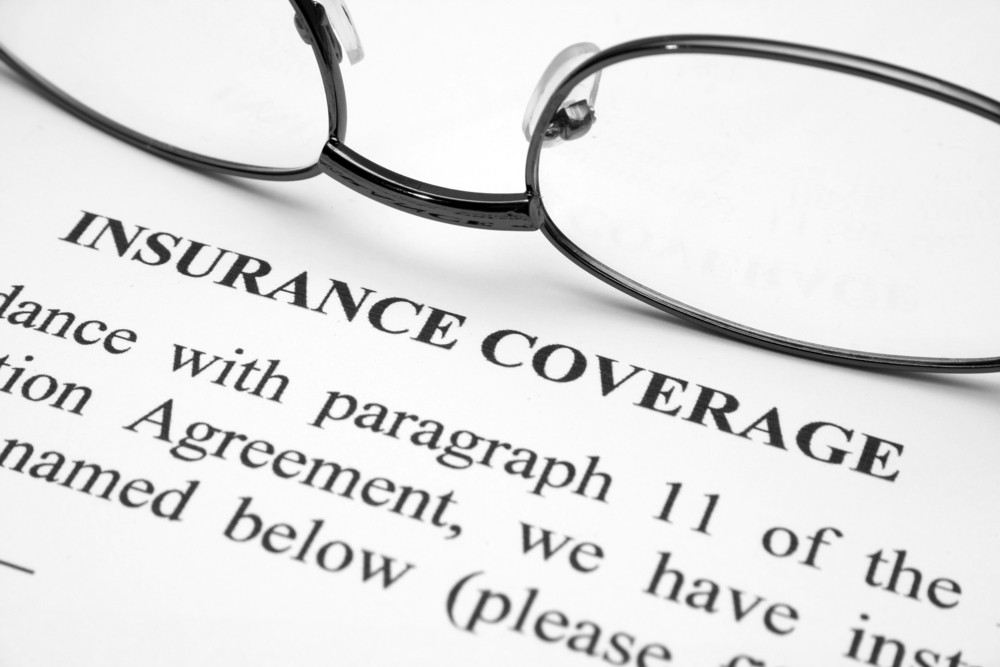
Understanding the Basics of Kentucky’s PIP Insurance Coverage
The State of Kentucky says that the nearly three million drivers who are operating a motor vehicle on Kentucky roadways each year have accepted Personal Injury Protection (PIP) Coverage with their auto insurance policies unless they have formally rejected it. This means that Kentucky, like many other states, has adopted a “No Fault” insurance law.
PIP/No Fault coverage says that no matter who is at fault for an automobile accident, there will be benefits and money for the injured persons traveling. The money will be provided by the driver’s car insurance company to pay medical bills, lost wages, and other applicable expenses related such as replacement service loss or survivor’s loss. These reparation benefits will cover up to $10,000 in basic PIP coverage for each person in the car at the time of the accident.
[fusion_builder_container hundred_percent=”yes” overflow=”visible”][fusion_builder_row][fusion_builder_column type=”1_1″ background_position=”left top” background_color=”” border_size=”” border_color=”” border_style=”solid” spacing=”yes” background_image=”” background_repeat=”no-repeat” padding=”” margin_top=”0px” margin_bottom=”0px” class=”” id=”” animation_type=”” animation_speed=”0.3″ animation_direction=”left” hide_on_mobile=”no” center_content=”no” min_height=”none”]
Video: Attorney Jerry Rhoads explains the basics of PIP Insurance coverage
Car accident victims with minor injuries in addition to those with life-long issues caused by a negligent driver can financially benefit from PIP coverage. PIP coverage was enacted in 1975 as part of the Kentucky’s Motor Vehicle Reparations Act (MVRA) and speaks for all motor vehicles except motorcycles.
My Insurance Company says PIP Coverage Won’t Apply to My Case?
Although everyone has the right to PIP coverage, rarely something may come up when it doesn’t apply or won’t be accepted. You should review this list of exceptions and know when the “No Fault” law may not apply to your case and consult with one of our experienced attorneys if you still have questions and concerns. PIP coverage does not apply when:
- The accident was work related.
- The person who was injured has formally rejected PIP coverage.
- The owner of the vehicle did not have insurance on the vehicle.
- The accident and injuries were the result of a motorcycle crash.
Basic PIP coverage is optional for motorcycles. Unless purchased for the motorcycle, neither the motorcycle’s operator nor passenger is entitled to collect PIP benefits. If the motorcycle owner elects not to purchase basic PIP coverage, they are considered to have accepted the limitations on their rights unless a “No Fault” rejection form is filed. If a “No Fault” rejection form is not filed, they will be unable to recover the first $10,000 of an injury claim.
Can I Opt Out of PIP?
A person can opt out of receiving PIP benefits and accept a deductible of up to $1,000 when signing up for an auto insurance policy but this is not advisable and will only hurt your recovery by likely adding more costly needs. A driver would need to file an official form with the Kentucky Department of Insurance to reject PIP insurance.
Contact a Kentucky PIP Insurance Attorney
Rhoads & Rhoads is Kentucky’s leading and experienced personal injury firm with offices in Owensboro and Madisonville, representing car accident victims throughout Western Kentucky. We offer free initial consultations, and all cases are taken on a contingency fee basis. We get paid only if we win or settle your case, so there is NO RISK involved. Call us at 888-709-9329 or contact us by e-mail to schedule an appointment with one of our Madisonville or Owensboro personal injury attorneys.
Video Transcript
Since most of us drive automobiles if you live in the state of Kentucky, I think it’s important to know that you are required to have insurance, if you own an automobile in the state of Kentucky. And as a part of your insurance package, you have to have Personal Injury Protection, often called P.I.P.
P.I.P. coverage is very important because it provides $10,000 of medical coverage for everybody in the vehicle, the driver and all of the passengers. So, basically it’s a paid up $10,000 medical insurance policy.
It’s also important to realize that it doesn’t really matter who was at fault in an accident, whether it was your driver, yourself, or the other driver. The $10,000 of medical coverage applies regardless of who might have been at fault in the accident. This is why it’s often called “no fault insurance”.
So if you have medical treatment as a result of a personal injury accident in an automobile, it’s very important to turn the bills in to your auto insurance policy, not under your health insurance or Medicare or anything like that. And your automobile insurance company will pay all of the medical bills subject to the $10,000 maximum. [/fusion_builder_column][/fusion_builder_row][/fusion_builder_container]


